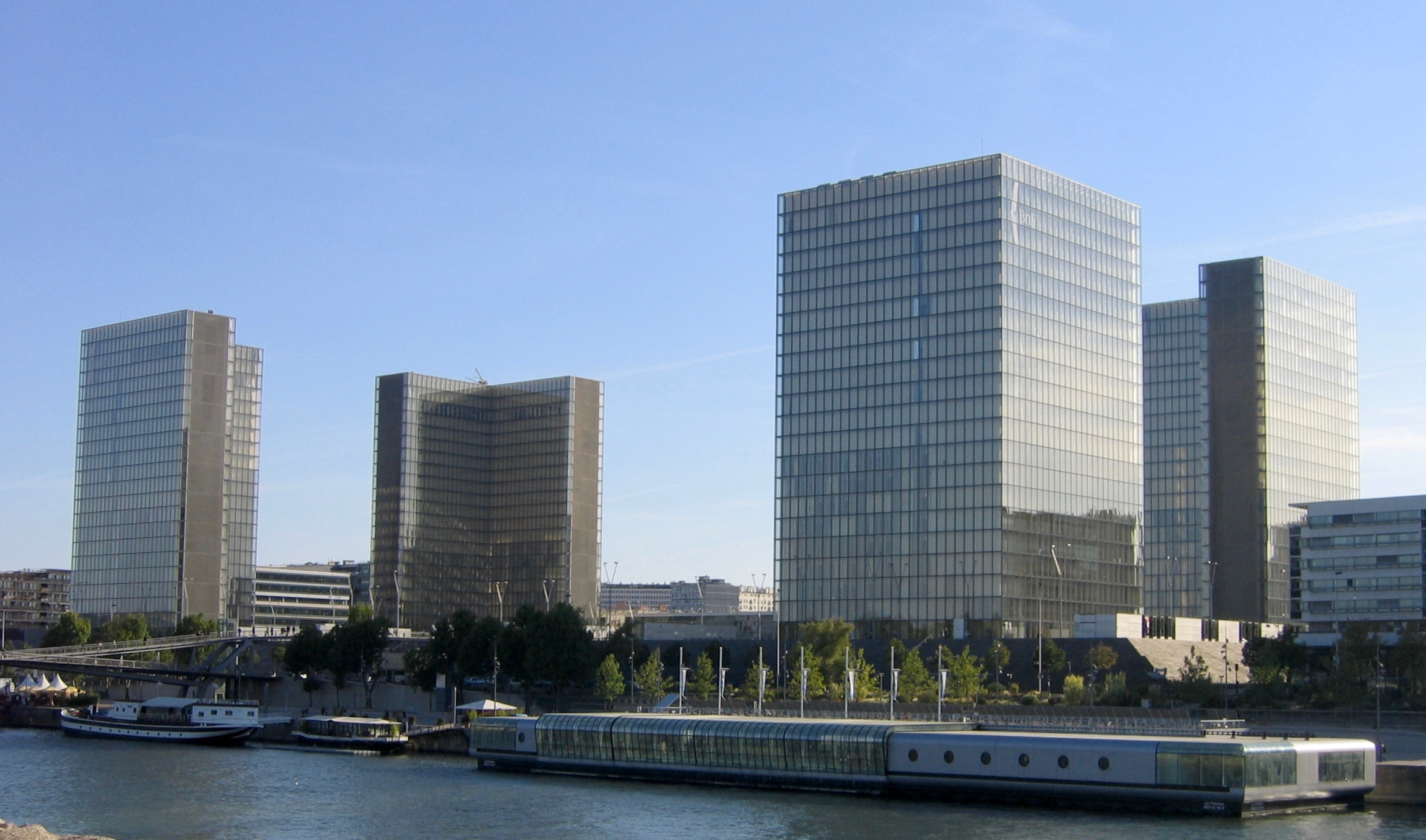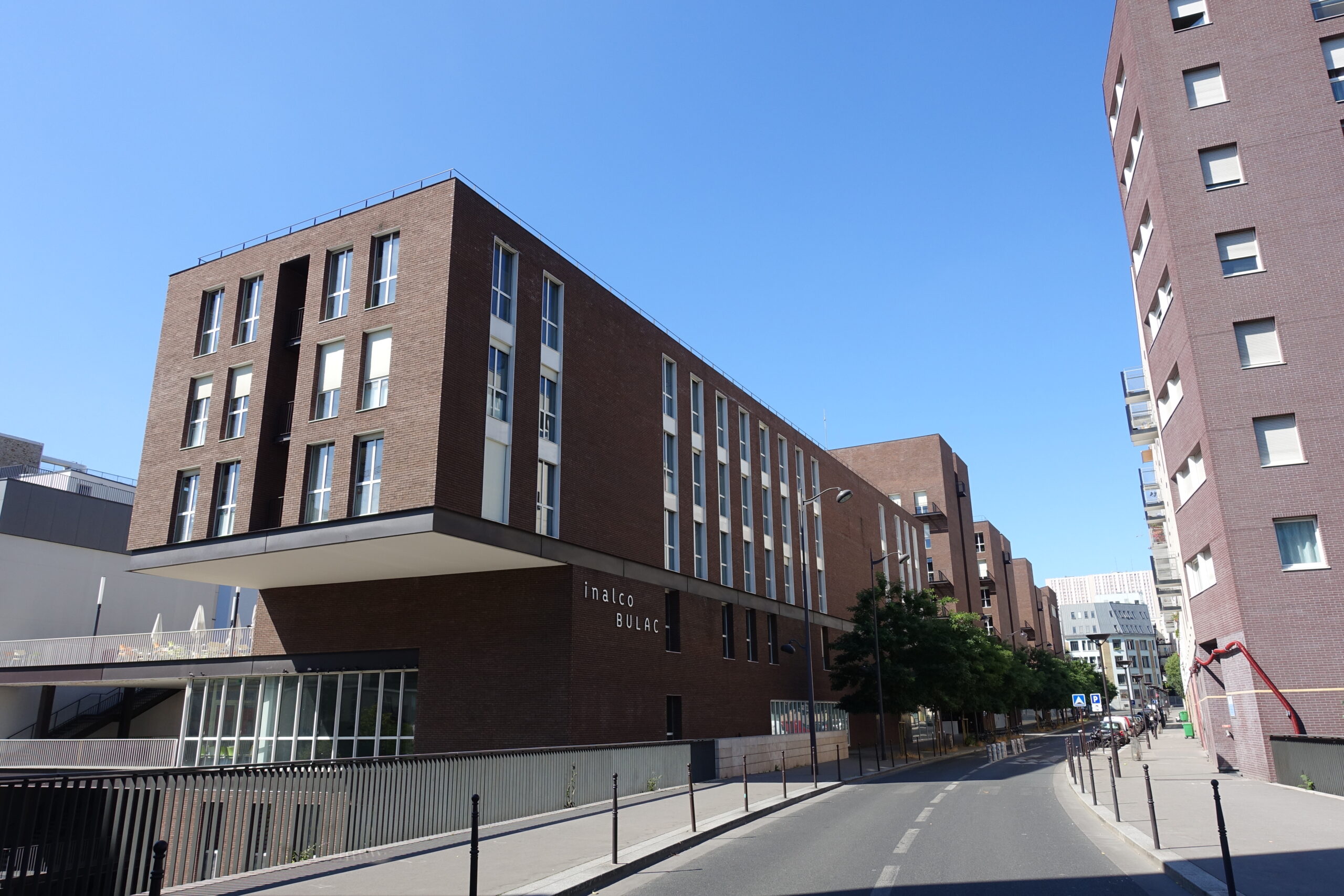Libraries
Collège de France
Presentation: The libraries of the Collège de France welcome researchers and students from the Masters level upwards. They offer 550,000 volumes and several thousand titles of printed journals as well as packages of online journals and works in all disciplines, which can be searched via Omnia. They are members of the Sudoc network and run a research notebook called Colligere in order to present their collections and encourage research on their holdings.
The archives department preserves and communicates administrative and scientific collections bequeathed to the College by professors or their heirs. It is developing Salamandre, which brings together the Collège de France’s digital heritage library and the online catalogue of its archives. Salamandre is regularly enriched with new documents: manuscripts, photographs, objects, audiovisual archives. The service has been a member of the Calames network since 2020.
Link: https://www.college-de-france.fr/site/bibliotheques-institut-des-civilisations/index.html
Bulac – Bibliothèque universitaire des langues et civilisations
Presentation:BULAC brings together documentary collections on the languages and civilisations of the non-Western world.
Link: https://www.bulac.fr/
Maison de l’Asie – EFEO
Presentation: The EFEO library currently has about 100,000 monographs and more than 1,700 periodical titles (including more than 700 living ones). It also preserves several thousand Khmer and Cam prints in particular, as well as about 150,000 photographic plates. Its mission has evolved with the development of new areas of research, now extended to a large part of Asia. In addition to the historical collections on Southeast Asia, the China-Japan and South Asia collections have been added. The documentary policy has remained faithful to the School’s flagship fields (archaeology, epigraphy, ethnology, and religion in particular), without however neglecting the emerging disciplines of research at the School, in complementarity with other institutions housing similar collections (Collège de France, BULAC).
Link: https://www.efeo.fr/base.php?code=72
Bibliothèque nationale de France – BnF
Presentation: The Bibliothèque nationale de France welcomes researchers from France and around the world all year round. It offers you services adapted to your research project. The Research Library gives you access to all of the collections stored in the library.
Link: https://www.bnf.fr/fr
Centre de documentation du Musée national des arts asiatiques – Guimet
Presentation: The Musée Guimet website offers various digital catalogues of the collections. To find a work that you wish to consult in the museum library, you can consult the library’s online catalogue. A dictionary of terms you will regularly encounter in Asian art is available online, as well as selective bibliographies.
Link: https://www.guimet.fr/collections/documentation/
Humathèque Condorcet
Presentation : The Humathèque Condorcet is designed as a shared laboratory for research in the humanities and social sciences, drawing on the most innovative experiments, particularly digital ones.
- The Humathèque is open from Monday to Friday from 10am to 7pm.
The Open Space (espace Françoise Héritier) is open Monday to Friday from 8.00am to 8.00pm.
POLE G – ASIA
Bringing together eleven libraries from the École des Hautes Études en Sciences Sociales (EHESS), the École Pratique des Hautes Études (EPHE), the Université Paris 1 Panthéon-Sorbonne and the CNRS, Pôle G – Asia is divided into seven documentary sub-poles covering the entire continent: South Asia, Himalayas, China, South-East Asia, Korea, Japan, Mongolia and Siberia.
Address: Humathèque, 10 cours des Humanités, 93322 Aubervilliers.
Metro: line 12, Front Populaire station
Website: https://www.humatheque-condorcet.fr/



